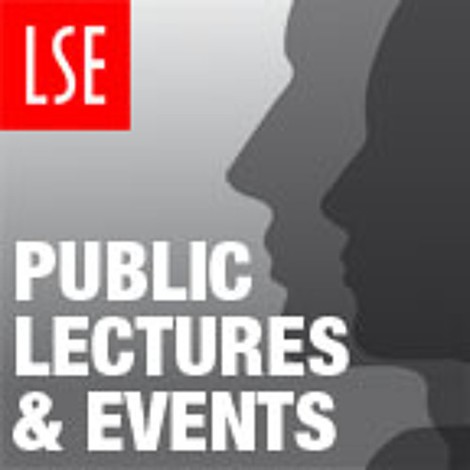Your podcast discovery platform
Curious minds select the most fascinating podcasts from around the world. Discover hand-piqd audio recommendations on your favorite topics.

piqer for: Boom and bust Deep Dives Global finds Globalization and politics
Will Kherbek is the writer of the novels Ecology of Secrets (2013) and ULTRALIFE (2016), both published by Arcadia Missa. His Ph.D. was granted by the University of London in 2014. In 2018, the poetry collections 26 Ideologies for Aspiring Ideologists (If a Leaf Falls Press) and Everyday Luxuries (Arcadia Missa) were published. Kherbek is also the writer of the essay "Technofeudalism and the Tragedy of the Commons" (2016) which appeared in the debut issue of Doggerland's journal. The essay considers the role of information in the writing of the Nobel Prize winning economist, Elinor Ostrom, in relation to the concept of the "tragedy of the commons" as formulated by Garrett Hardin. He has written about high frequency trading and finance for the award-winning German language publication, BLOCK, and has consulted and appeared at events with the conveners of the Alternative School of Economics and Rabbits Road Institute in London. His art journalism has appeared widely in publications including Flash Art, Spike Magazine, MAP Magazine, Berlin Art Link, Rhizome.org, and others.
Uncertain Futures: How Economists Think About Uncertainty
Shortly after the economic crash of 2008, the Queen of England met with a group of economists and asked a simple question: “Why did no one see it coming?” Whether anyone saw the crash coming is a disputable point, but the answer she was given was that there was a “collective failure of the imagination” on the part of the leading heads of economics.
The question of how economists can visualise a future, particularly a future that is increasingly unpredictable and volatile, is the subject matter of the book Uncertain Futures, which is edited by Richard Bronk and Jens Beckert. These eminent economic scholars join a panel discussion including Lord Adair Turner, Dr. Waultraud Schelkle, and Dr. Ekaterina Svetlova in this mind-stretching podcast from the London School of Economics. The key to creating economies that are safe for the future, the panelists argue, are two elements that are not traditionally acknowledged as aspects of economic thinking: narrative and imagination.
In an economic environment characterised by “radical uncertainty” – in which no individual can know enough to effectively manage and maintain a system as complex as the global economy – the ways in which economic stories are told to politicians and the public matter greatly. “It’s not just about calculation," Dr. Svetlova says, “but how narratives are negotiated”. In discussing how such narratives gain currency in the public imagination, the scholars dip into the literature of dozens of fields of study including ecology, cognitive science, philosophy, and (of course) economics. The discussion is complex, but not technical, as indeed the hyper-mathematical economics of the present is itself a concern. Lord Turner notes that the importance of distinguishing what can and cannot be known, mathematised, and modeled is an imperative for economists of the future. Too much certainty about uncertainty, the panelists remind the listener, can blind a person to reality.
